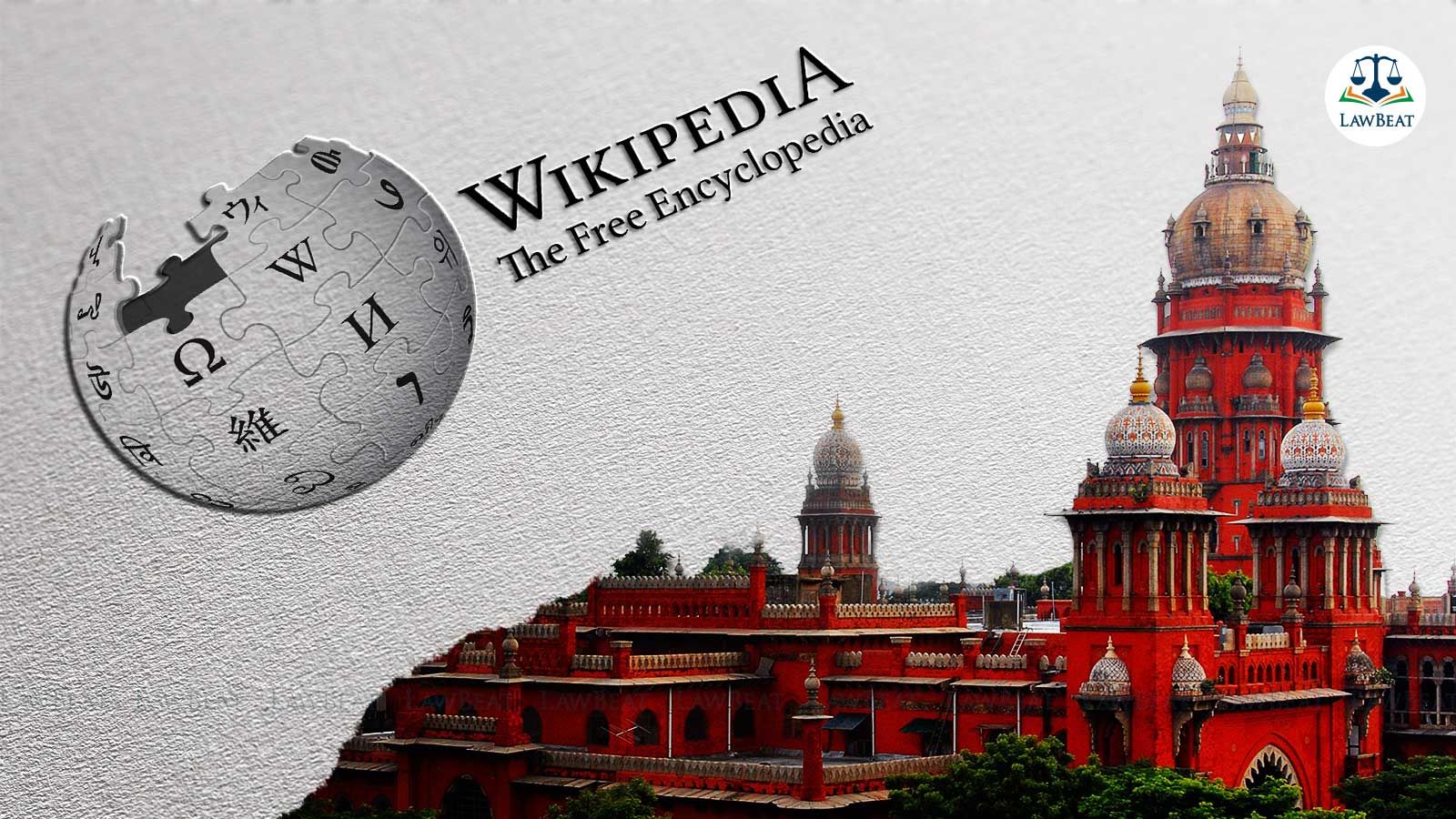Madras High Court sets aside order of NIA Court that relied on Wikipedia to reject UAPA accused Muslim preacher's discharge plea

The NIA Court had relied on Wikipedia to determine the objective and aim of an entity to which the accused Muslim preacher allegedly belonged.
The Madras High Court recently set aside an order passed by a Special NIA court refusing to discharge a UAPA-accused Muslim preacher while relying on Wikipedia for determining the objective and aim of the entity to which the preacher belonged.
The division bench of Justice M Sundar and Justice M Nirmal Kumar referred to the principle laid down by the Supreme Court that "Wikipedia is based on a crowd-sourced user-generated editing model and therefore is not completely dependable in terms of academic veracity and can promote misleading information".
Court observed that the Top Court has put in a caveat and caution against the use of sources such as Wikipedia in legal dispute resolution.
In view of the same, court held that the trial court had fallen in error in relying on Wikipedia in the present matter, and therefore, the matter had to go back to the trial court to consider the matter afresh de hors Wikipedia.
High Court asked the Special Court to keep in mind this time the caveat put in place by the Top Court in the Acer India case [Commissioner of Customs, Bangalore Vs. M/s.Acer India Pvt. Ltd (2008) and the Hewlett Packard / Lenevo case [HP India Sales Pvt. Ltd., Vs. Commissioner of Customs (Import), Nhava Sheva/Lenevo (India) Pvt. Ltd., Vs. Commissioner of Customs (Import), Nhava Sheva (2023)].
The accused namely Ziyavudeen Baqavi had filed a criminal appeal before the high court challenging the order passed by the Sessions Court for Exclusive Trial For Bomb Blast Cases, Chennai at Poonamallee.
The accused had alleged that while rejecting his discharge petition, among other illegalities, the Special Court had relied on Wikipedia and arrived at a conclusion about the aim and objective of an entity to which he allegedly belonged.
The counsel for the accused contended that since relying on extraneous material is forbidden vide ratio laid down by the Supreme Court, therefore, the order of the Special Court was illegal.
Ziyavudeen Baqavi is allegedly a member of the extremist Islamic outfit Hizb-ut-Tahrir (HuT), which is affiliated to ISIS. He was arrested in February last year, for allegedly being engaged in radicalizing the members of the Muslim community to establish an Islamic State in Tamil Nadu.
The charges levelled against Baqavi are for alleged offences under Sections 120-B, 124-A, 153-A, 153-B, 505(1)(b), 505(1)(C) and 505(2) of the Indian Penal Code, 1860 (IPC) and Section 13(1)(b) of the Unlawful Activities (Prevention) Act, 1967 (UAPA).
Case Title: Ziyavudeen Baqavi v. UOI
